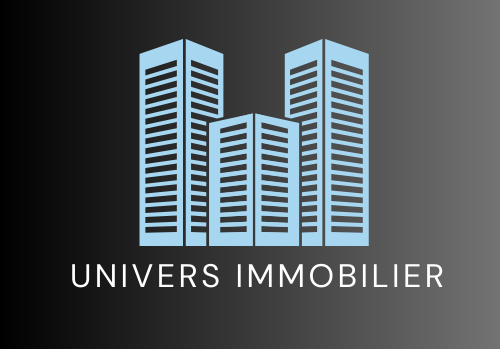When it comes to finding the perfect space for your business, one of the most critical decisions you’ll face is whether to buy or lease the property. Both options come with their own set of advantages and drawbacks, and the right choice depends on your company’s specific needs and financial situation. This article will explore the pros and cons of owning and leasing an office space, so you can make an informed decision based on your unique circumstances.
Weighing the Advantages and Disadvantages of Owning Office Space
Owning your office space can provide numerous long-term benefits for your business. However, it also comes with added responsibilities and costs that you must consider before making the decision to buy.
Pros of Owning Office Space
Building Equity
One of the greatest benefits of owning an office space is the ability to build equity in the property. As you pay off the mortgage and the property value appreciates over time, your business can gain significant financial value. This equity can be used as collateral for loans or even sold to generate capital for future expansions.
Stable Costs
When you own a property, your monthly mortgage payments remain relatively stable over time, allowing you to accurately budget and plan for the future. Unlike leasing, where rent prices may increase due to market fluctuations or landlord decisions, owning provides a consistent expense that you can count on.
Control Over Property Management
Owning your office space gives you full control over the property management, allowing you to make necessary renovations, upgrades, or maintenance decisions without having to consult a landlord. This freedom can help improve the overall functionality and design of your workspace to better match your business’s needs.
Cons of Owning Office Space
High Upfront Costs
Purchasing an office space often requires a significant initial investment for the down payment, closing costs, and other related expenses. These high upfront costs can be a barrier for many businesses, especially those with limited capital or in the early stages of their growth.
Less Flexibility
Owning your office space may limit your ability to quickly adapt to changing business needs or market conditions. If your company outgrows the space or needs to relocate due to a shift in target demographics, selling the property may be time-consuming and costly.
Maintenance Responsibilities
When you own a property, you’re responsible for all maintenance and upkeep, which can be both time-consuming and expensive. These additional tasks may take focus away from your core business operations and require added resources to manage.
Comparing the Benefits and Drawbacks of Leasing Office Space
Leasing an office space can offer flexibility and cost savings for businesses that don’t want to commit to property ownership. However, there are also disadvantages to consider before signing a lease agreement.
Pros of Leasing Office Space
Lower Initial Costs
Leasing an office space generally requires a lower initial investment compared to buying, as you typically only need to cover the security deposit and first month’s rent. This can be an attractive option for businesses with limited capital or those still in the process of establishing themselves.
Greater Flexibility
Leasing offers greater flexibility in terms of location, allowing your business to adapt to changing market conditions or expand to new areas more easily. If your company experiences rapid growth, you can quickly move to a larger space without the hassle of selling a property.
No Maintenance Responsibilities
When leasing a commercial space, your landlord is typically responsible for property maintenance, allowing you to focus on your core business operations without the added burden of property upkeep.
Cons of Leasing Office Space
No Equity Buildup
When leasing an office space, you don’t build equity in the property like you would when buying. This means that your monthly rent payments are essentially an ongoing expense with no long-term financial benefits.
Unpredictable Rent Increases
Rent prices can fluctuate due to market conditions or landlord decisions, making leasing a less predictable long-term expense. If your business is operating on a tight budget, these changes in rent may cause financial strain or force you to relocate.
Limited Control Over Property Management
As a tenant, you have limited control over property management decisions, such as renovations or upgrades. This lack of control can be frustrating if your business has specific needs that aren’t being met by the current space or building conditions.
Conclusion: Making the Best Decision for Your Business
When deciding between owning and leasing an office space, it’s essential to weigh the pros and cons of each option and consider how they align with your business’s specific needs and financial situation. Owning may be a better choice for companies looking to build equity and have a stable long-term investment, while leasing may offer more flexibility and lower initial costs for those still growing or unsure of their future needs. Ultimately, the right decision will depend on your individual circumstances and priorities, ensuring that your chosen office space supports your business’s success in the long run.





